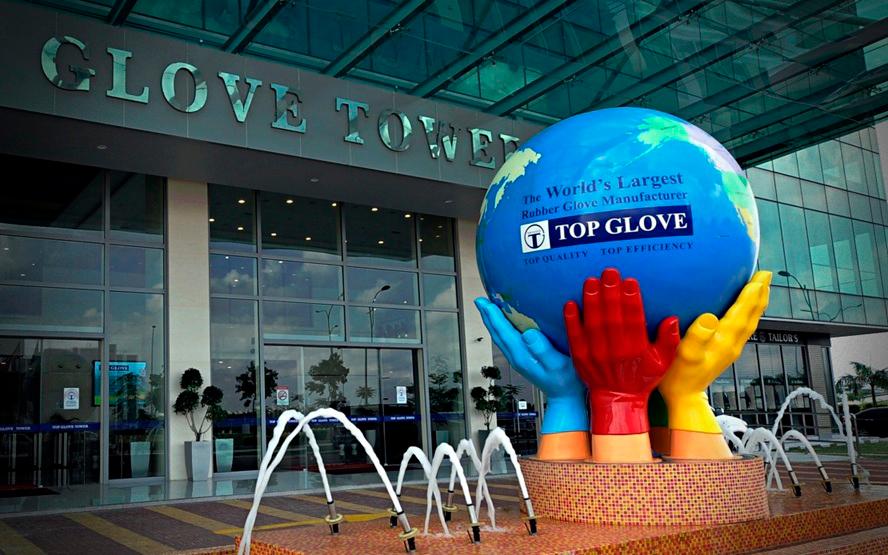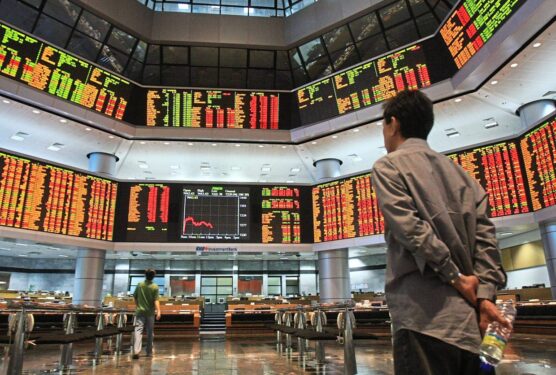
by Doreenn Leong
AS Malaysia enters the second phase of the Movement Control Order (MCO) which is targeted to end on April 14, there are many businesses which will be severely impacted.
For instance, the Malaysian International Chamber of Commerce and Industry recently highlighted that many larger factories are running out of supplies from second and third tier vendors as they were not allowed to operate.
Although Domestic Trade and Consumer Affairs Minister Datuk Alexander Nanta Linggi said those in the logistics and transport services that support supply, marketing and e-commerce, as well as companies that support the food supply chain, would also be allowed to operate, there were no clear transporter guidelines for the authorities manning the roadblocks as there have been inconsistencies.
There is much confusion as to who can and cannot operate during the MCO. In the initial stage of the MCO, the freight forwarders had threatened to stop deliveries altogether as there was no clear direction. This would have caused major shortages of essential goods in the country.
The term essential should be widened to include more businesses, which could cause a huge mess if not allowed to operate. More importantly, clear guidelines are a must to ensure smooth operations of these businesses.
Only recently, although logistics is an essential service, farmers in Cameron Highlands were forced to dump their produce due to difficulties in securing transport services to move the goods to other states.
Aside from vegetables, others that were forced to discard their produce due to transport issues included fruit growers and fishermen.
Similarly, the Malaysian National Shippers Council (MNSC) has urged the government to allow logistics services to continue without hindrances.
It said there should not be a need to apply for separate approvals from the Ministry of Transport when there is already approval from the Ministry of International Trade and Industry for companies in the essential list or for the transport of fresh produce already deemed essential by the Ministry of Agriculture and Food Industry.
MNSC wanted transporters, which are permitted to transport essential goods, to be allowed to use the same approval to move non-essential items as well.
Surely, having to obtain approvals from different ministries will only slow things severely and result in further backlog in restocking of these essential goods.
Also, the association was concerned that the non-movement of non-essential cargo to and from the port to the warehouse during the MCO period will cause massive congestion at ports and airports.
It also noted that non-essential goods that were imported before the implementation of the MCO are stuck at the port, as no approval can be obtained from MITI and therefore the goods cannot be moved out of the port.
Fortunately, the government has recently given special exemptions to clear non-essential goods stuck at the local ports to ensure that the movement of incoming essential goods is not impeded.
As we move into the second phase of the MCO, more businesses in the supply chain will be affected. The ministers concerned need to get their act together to ensure that the country’s economy does not fall further. – April 1, 2020









